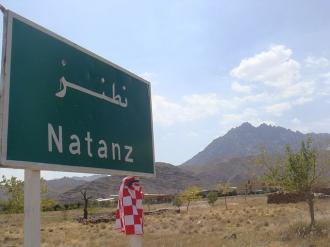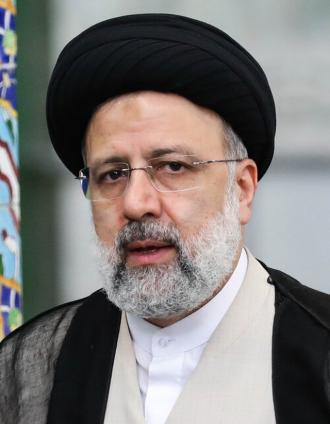The chairman of the Jerusalem Hotel Association and the director of the Yehuda Hotel, Yishai Barnea, calls on the hotel owners to abandon the rabbinate’s kashrus and to choose other options, Yisrael Hayom reports on Wednesday, 26 Cheshvan. Barnea also spoke to Noam Zeigman of Kol Berama Radio on Wednesday morning, confirming this.
A few months ago, the High Court of Justice ruled that a business that did not receive a kashrus certificate cannot present itself as kosher, but it can publish the kosher standards in which it stands, as long as it is clear that it did not receive the consent of the Chief Rabbinate for kashrus of said establishment.
The letter, which was published in Israel Hayom, states that “over the years we have seen and experienced the destructive damage of the kashrus monopoly, and here comes the High Court of Justice and removed the chestnuts from the fire … The President [of the court] determined that the business cannot present an alternative certificate to the Rabbinate’s kashrut certificate , but can present a true written representation of the food sold in it, detailing the standards on which he is meticulous and the manner in which he supervises their observance, and clarifying explicitly that he does not have a certificate of approval from the Chief Rabbinate.”
“This is an important and precedent-setting ruling that removes the entry barriers to the kosher market and erodes the monopoly of the Rabbinate. The hotels in Israel, which are the largest factor in the country receiving services from the Rabbinate, will open their gates to additional bodies of kashrus and will enable competition in this field as well,” he said. At the end of his letter Barnea notes: “The purpose of this letter is to encourage the hotels to open their doors to competition in the field of kashrus, and it is not recommended who to purchase the kashrus service from and what choice to make.”
The Chief Rabbinate said in response that it is currently working on “implementing the conclusions of the team appointed by the Chief Rabbis to examine the kashrus system, and whose conclusions have been approved by the Chief Rabbinate Council and which will lead to a quality and reliable kashrus system, while providing solutions to the kashrus failures.
“Until the implementation of the recommendations and the transformation of the institutional-governmental training system into obtaining greater trust of the public and a quality and reliable kashrus system.”















